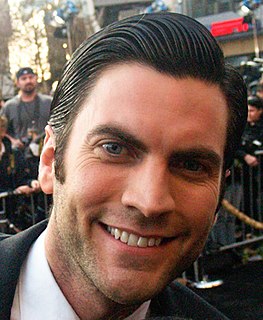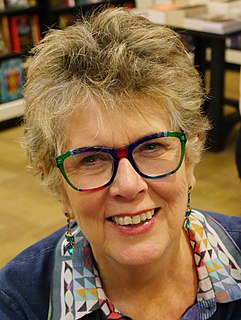A Quote by Margo Jefferson
I resist lists. It must be all those 'Most Important' and 'Best of the Year' ones I compiled in my years as a beat critic. I often felt guilty about what I left out.
Related Quotes
One of the most effective tools in Brazil's efforts to eradicate slavery is a register compiled by the government that lists individuals and businesses found using slave labor. Those on the 'dirty list,' as the register is known, are fined and remain on it for a minimum of two years during which they cannot access public funds.
The first year at Juilliard is, I think, the best. And partly why I left - I only went one year. Partly why I felt okay leaving is that the most important elements, I believe, happen in the first year. What they do is they tear down all your conceptions of acting, and they take away all your tricks that you've learned.
Eventually, with regret, I left the religious life, and, once freed of the burden of failure and inadequacy, I felt my belief in God slip quietly away. He had never really impinged upon my life, though I had done my best to enable him to do so. Now that I no longer felt so guilty and anxious about him, he became too remote to be a reality.
Over the years, I've interviewed the victims, the guilty, the famous, the important, and the ordinary people affected by tragedy or good fortune. But strangely, it is not always the people in the spotlight that have stayed with me. It is often those on the periphery, the bit players in the drama, that continue to haunt.
I didn't cry at my father's funeral, and I felt guilty about that. Of course, he got sick not too long after he and I had had that final altercation, and I felt real guilty because of that, too. Then years later, one day, I was probably in my late twenties, early thirties, and I just broke down crying, because I finally got my father.
From the very beginning, all of my films have divided the critics. Some have thought them wonderful, and others have found very little good to say. But subsequent critical opinion has always resulted in a very remarkable shift to the favorable. In one instance, the same critic who originally rapped the film has several years later put it on an all-time best list. But of course, the lasting and ultimately most important reputation of a film is not based on reviews, but on what, if anything, people say about it over the years, and on how much affection for it they have.




































